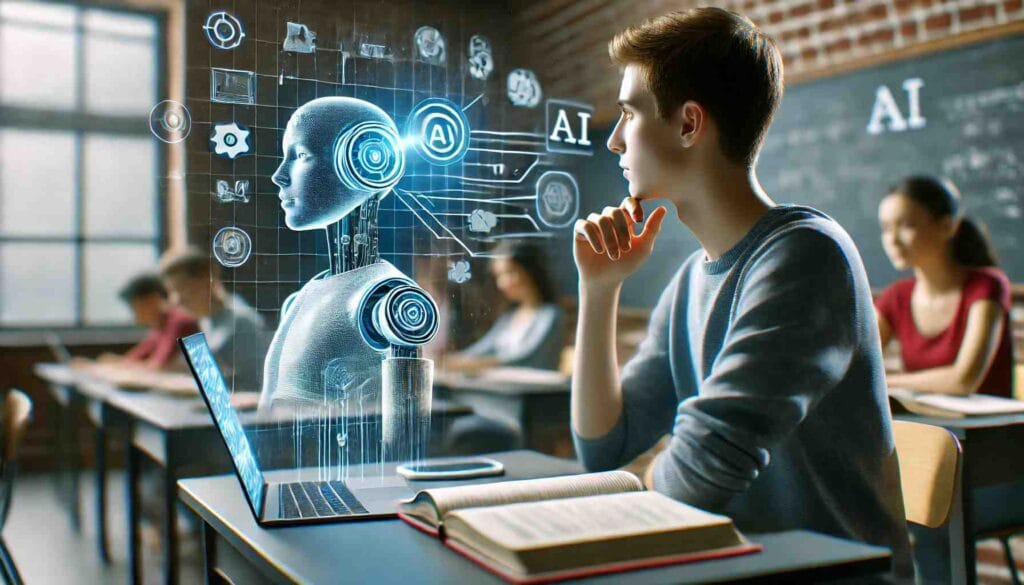The Impact of Artificial Intelligence on Human Literacy
2024-12-11
Pexelle

Artificial intelligence (AI) is revolutionizing various sectors, from healthcare to education. However, it also raises concerns about its potential role in contributing to human illiteracy. This paradoxical effect is worth examining as AI becomes increasingly integrated into everyday life.
- Dependency on Technology: With the rise of AI-powered tools like smart assistants, translation apps, and text-to-speech technology, there is a growing reliance on these systems for basic tasks. As people become accustomed to technology doing the thinking and the work for them, they may lose essential literacy skills such as reading, writing, and critical thinking.
- Decreased Engagement in Learning: AI systems, particularly in educational settings, may lead to passive learning experiences. When AI-driven systems offer answers or explain concepts in simplified ways, students may stop engaging deeply with the material. This shift from active learning to passive consumption can result in a decline in the ability to think critically and absorb complex information, which are key components of literacy.
- Limited Exposure to Diverse Ideas: AI algorithms often personalize content based on an individual’s preferences, which can limit exposure to diverse perspectives. If AI systems tailor reading materials or educational content to a user’s existing knowledge and interests, they may not be exposed to a broader range of ideas and information. This narrow view of the world could hinder cognitive development and the ability to think critically, both of which are necessary for literacy.
- Impact on Writing Skills: AI tools that correct grammar and sentence structure, such as autocorrect or AI writing assistants, can discourage people from developing their writing skills. While these tools can be helpful, over-reliance on them may reduce the motivation to learn the nuances of language, leading to a decline in the ability to write proficiently without technological assistance.
- Educational Inequality: Not all individuals have access to the same level of AI technology, creating a gap in learning opportunities. Those without access to advanced AI tools may fall behind in their education, exacerbating existing inequalities and contributing to a divide in literacy levels.
In conclusion, while AI has the potential to enhance human knowledge and learning, its overuse or dependence may contribute to a decline in basic literacy skills. It is essential to strike a balance between leveraging AI for educational purposes and ensuring that people retain and develop essential literacy skills for a well-rounded intellectual foundation.
Source : Medium.com
Search site
Categories
Tags
AchievementUnlocked
AI
AI2026
AIHiring
blockchain
Business
CareerGrowth
Communication
Competition
DecentralizedIdentity
DigitalBadges
DigitalCredentials
EdTech
EmpowerYourSkills
FutureOfWork
HardSkills
HRTech
HumanCapital
ILO
JobSkills
JobTech
Leadership
Lyon2024
Museum of skills
Olympic
Onet
OpenAi
Pexelle
ProfessionalDevelopment
ProofOfSkill
Pursuit Of Excellence
PursuitOfExcellence
SelfManagedIdentity
Skill
SkillBasedHiring
SkillCertification
SkillsEconomy
SkillsForSuccess
SkillsLeaderboard
SkillsMatter
SkillsVerification
SoftSkills
TalentIntelligence
Upskilling
World skills




